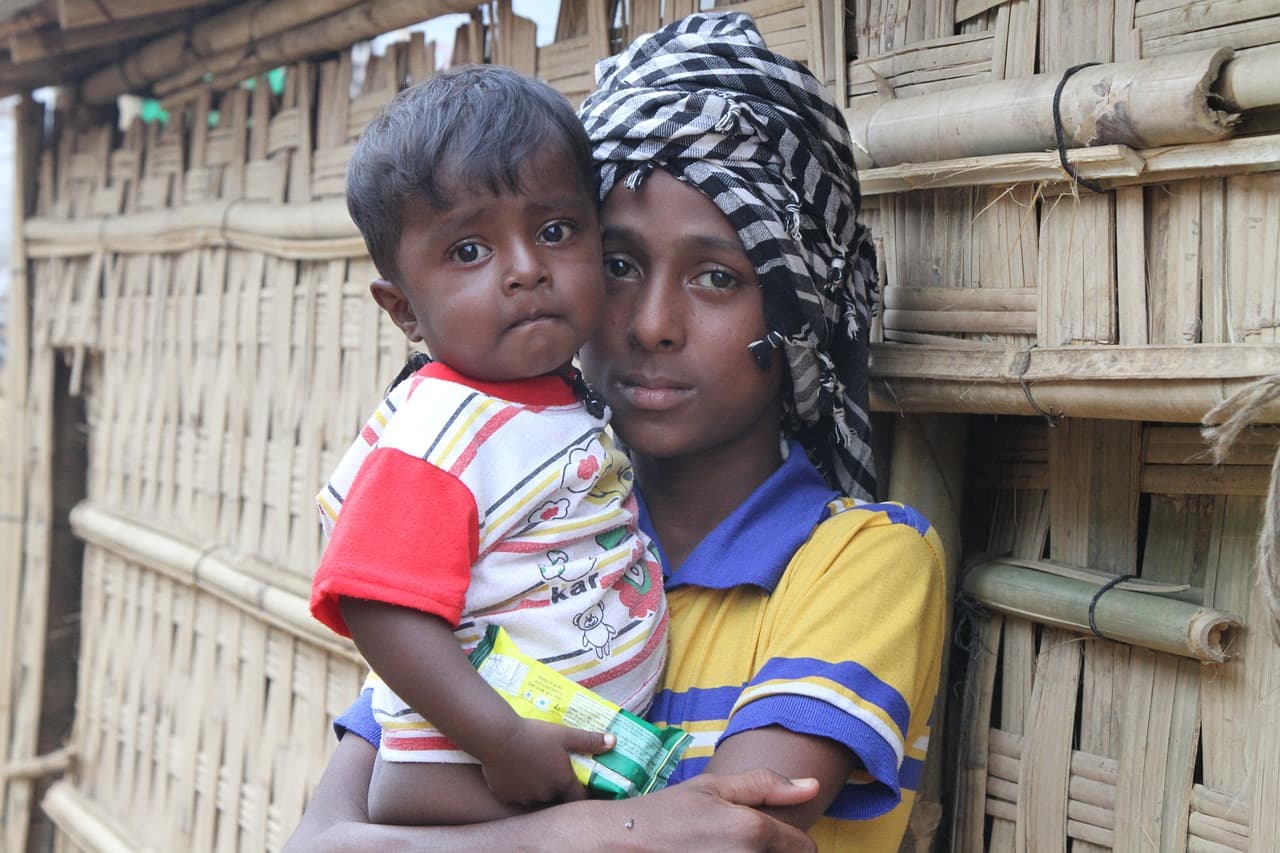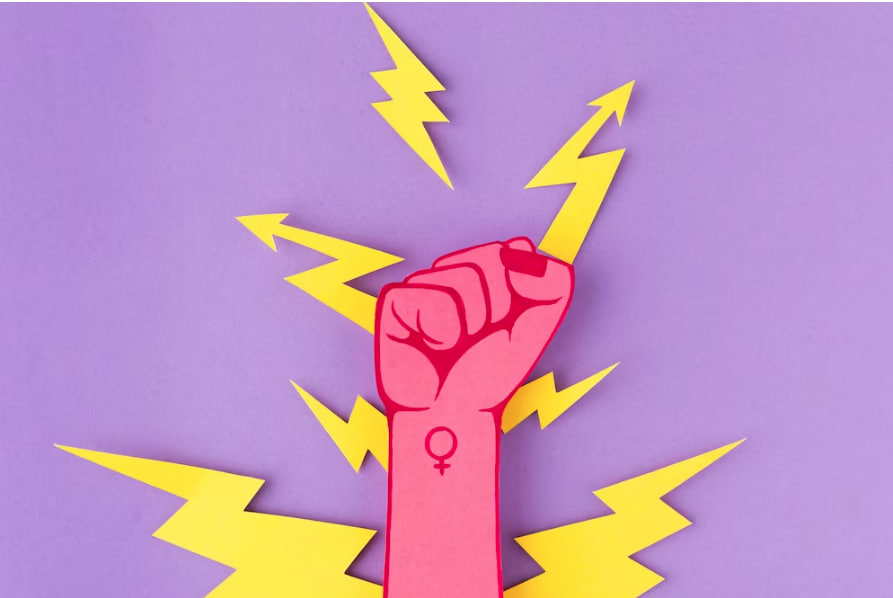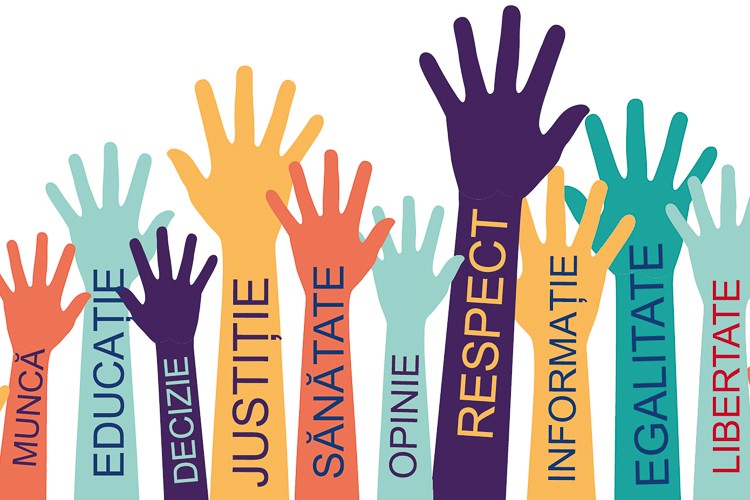What are human rights?
Human rights are moral principles of specific standards of human behaviours protected by both municipal and international law inherent to all human beings regardless of race, ethnicity, origin, language, religion, location or any other status.
Importance of human rights
Human rights are of great importance to society and its people. Some of the primary reasons include:
- It’s essential in the relationship that exists between the government and individuals.
- It makes sure that one can use their power and rights as expected
- It ensures people get to have their basic needs
- It encourages the right to freedom of expression
Aims and Objectives of Human Rights
- Human rights protect the basic constitutional rights of the people.
- It aids in eliminating social evils more so from the less strong parts of the society
- To help the society in case of social calamities by funding them through the relevant ministers to the victims.
- To create and manage healthcare facilities and provide the treatment to citizens.
- Human rights creates awareness to people on issues of family planning so that they can control the population.
Human Rights Bodies
These are sittings or committees of experts that assesses the implementation of human right treaties. These bodies strengthen the protection of human rights countrywide. The following are examples of treaty bodies that monitors the human rights implantations:
- Committee Against Torture
- Human Rights Committee
- Committee of the Elimination of Racial Discrimination
- Committee on Migrant Workers
- Committee on Economic, Social and Cultural rights
- Committee on the Rights of the Child
- Committee on the Elimination of Discrimination Against Women
Examples of human rights
After establishing the universal declaration of human rights in 1948, the prominent world leaders agreed that human rights were universal. They include;
- Right to life –This right safeguards human life such that no one, including the individual and the government, can kill you. No one shall be deprived of the right of life intentionally except as authorized by the constitution of any country or any written law.
- Right to freedom of torture and inhumane treatment –No one should be subject to torture, cruelty or degrading treatment or being disciplined. A person should not be held in slavery and shall not be required to perform any form of slavery.
- Right to equal treatment against the law – Every person is equal before the law. Additionally, any person has the right to equal protection and benefit of the law. Equality involves the complete and equal enjoyment of all rights and fundamental freedoms.
- Right to privacy– This right protects citizens from government or corporate overreach and surveillance without their consent. Their property ought not to be searched, their possession seized, or their information relating to their family or private affairs unnecessary revealed.
- Right to asylum– Protects people fleeing from their home country because of whatever reasons.
- Right to marry and have a family – Anyone who is of legal age has the right to get married and start a family without being limited due to race, nationality or religion.
- Right to freedom of thought, expression, opinion and religion– Everyone has the right to hold opinions, follow a religion, and change their belief. The right to obtain, receive or impart ideas as long as it does not extend to propaganda for war, incite violence and hate speech.
- Right to work – This encompasses the right to a variety of work-related concerns and also the right to favourable working conditions and protection against unemployment. Every worker also has the right to fair payment, join or participating in trade union’s activities and programmes, and go on a strike.
- Right to education– Every child has a right to get a free and compulsory primary education.
- Right to social services– This ensures everyone has access to clothing, housing, food, medical care and security.
DECLARATION OF HUMAN RIGHTS
The Universal Declaration of Human Rights was started in 1948, and it listed 30 human rights to which everyone was entitled. It was proclaimed a common standard of achievement for all nations and their people to end every individual and every organ of society.
The thirty freedoms and rights set out in the declaration of Human Rights include the right to freedom of expression and education, among others. It consists of both political and civil liberties such as the right to privacy, social, economic and cultural rights such as the right to adequate housing and social security.
Violation of human rights and its consequences
Violating human rights is to deny a person of their basic moral entitlements, receiving less treatment of a human with unworthy respect and dignity. Human rights perpetrators use numerous tactics of repression both physically and psychologically through inhumane acts like killing, abduction, torture and severe ill-treatment.
They also include mass crimes such as genocide, the decimation of a single race, ethnic or religious congregation—war crime whereby civilians are attacked by the use of weapons that eventually may cause unnecessary long term environmental damage.
To curb such violations, there are a set of rules and laws to control such violations. They include:
- The international humanitarian law inaction was to ensure that humanity was preserved among people in all circumstances.
- Calls for dialogue and other alternative dispute resolution to create peace during the conflict to prevent the massacre of citizens
- Different international councils are in place to report human rights violations and coordinate compliance with human rights standards.
- There are international tribunals and courts and war crimes tribunals in place that deal with human rights breaches.
- There is the reestablishment of the rule of law and rebuilding trust in public authorities to regain control of organized violence.
Human Rights Principles
Human rights are universal since everyone is born with the same right regardless of race and background. The following are some of the principles that apply in the human rights category and aim at guiding everyone to know their rights:
–Universality. Everyone in the whole world is entitled to the right as stated in Article one of the Universal Declaration of Human Rights. It states that everyone is born free having equal dignity and rights.
-Indivisibility. Whether the rights are economic, cultural or civic, the rights remain indivisible.
-Interdependent and Interrelated. For one’s right to be fulfilled it depends quite or fully to the rights of others.
-Equality. Every individual is entitled to equality and no one should be discriminated on basis of gender, language, age religion or any geographic origin.
-Accountability. It is always accompanied by states and other relevant authorities in answering any issue that regards observance of human rights.
Conclusion
Human rights has a great impact in society and individually, since it encourages one to have their rights and freedom as expected. The Human Right Bodies have ensured that they protect the human rights and its people from any harm.


